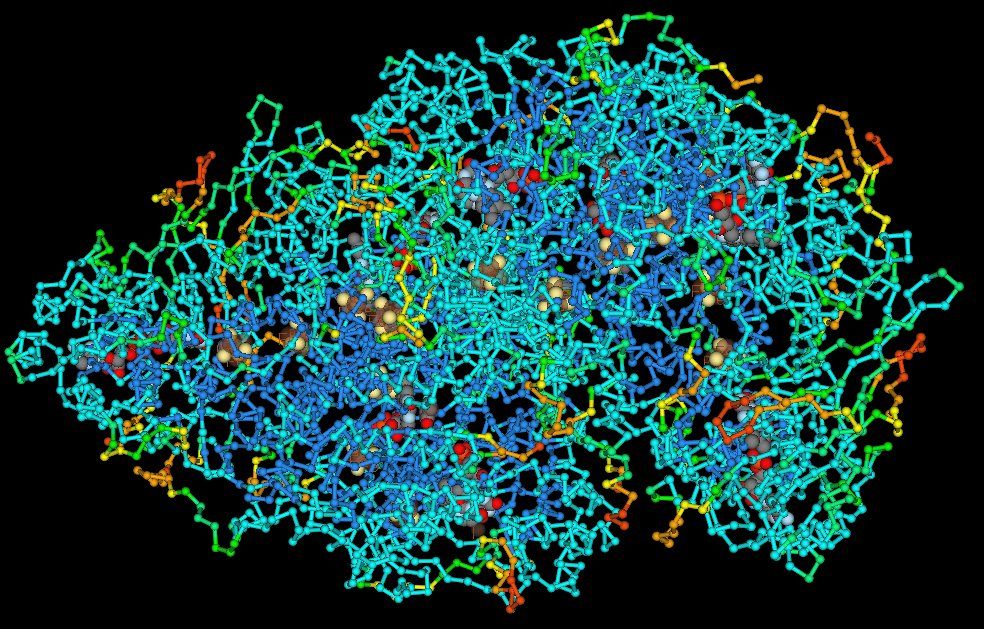Custom-made Polymers: Customized Solutions for Special Applications
Custom-made Polymers: Customized Solutions for Special Applications
Blog Article
Checking Out the Varied Applications and Benefits of Polymers in Different Industries
Polymers, with their varied array of buildings and performances, have ended up being indispensable in different sectors, each reaping special benefits from their application. From boosting safety and security and performance in the automotive market to changing medical devices in the health care sector, polymers play an essential function.
Automotive Market Applications
Polymers play a crucial role in improving the efficiency and resilience of different elements within the automotive industry. These flexible materials are extensively made use of in the production of various parts, varying from indoor components to under-the-hood applications. One popular usage of polymers in the auto industry is in the manufacturing of lightweight elements. By replacing conventional metal parts with polymer-based options, vehicles can attain better gas efficiency without jeopardizing on stamina or safety.

Medical Care Market Advantages
In numerous health care applications, the advantages of utilizing polymers are widely identified for their diverse variety of useful residential or commercial properties. Polymers play an essential role in the health care market as a result of their flexibility, biocompatibility, and cost-effectiveness. One of the key benefits of polymers in health care is their capacity to be customized to certain requirements, such as flexibility, durability, and biodegradability, making them ideal for a variety of medical applications.
Polymer-based products are extensively made use of in medical devices, such as catheters, implants, prosthetics, and medication distribution systems, due to their biocompatibility and ability to mimic natural tissues. These products can reduce the threat of sensitive responses or rejections, boosting person safety and security and end results. Furthermore, polymers are light-weight, making them suitable for wearable clinical devices and ensuring client comfort.
In addition, polymers allow the growth of ingenious treatment techniques, such as hydrogels for tissue engineering and nanocomposites for targeted medication distribution. Their simplicity of processing and sterilization makes them essential for preserving high standards of hygiene in health care setups. On the whole, the varied advantages of polymers contribute dramatically to advancements in clinical modern technology and individual treatment.
Ecological Advantages of Polymers

In addition, polymers can add to power financial savings due to their lightweight nature. In industries such as transport, lightweight polymer products can help lower gas usage and greenhouse gas discharges. Furthermore, polymers can allow the development of energy-efficient products such as insulation products that enhance power conservation in structures.
Additionally, polymers play an important function in reducing water contamination. For instance, the use of polymer-based filtering systems can successfully remove pollutants and impurities from wastewater, safeguarding water resources and environments. In general, the ecological benefits of polymers make them useful properties in promoting sustainability and eco-friendly practices throughout different markets.
Polymers in Electronic Devices and Modern Technology
Thinking about the enhancing demand for ingenious and sustainable options in modern sectors, the combination of innovative polymer technologies in the realm of electronic devices and modern technology has actually emerged as a crucial strategy for driving efficiency and performance. Polymers have transformed the electronics sector by making it possible for the production of lighter, a lot more adaptable, and sturdy electronic gadgets. From smart devices to medical devices, polymers play a critical function in enhancing product design and functionality.
One significant benefit of polymers in electronic devices is their protecting properties, which aid safeguard fragile digital elements from ecological variables and electrical my link disturbance. In addition, polymers are necessary in the growth of flexible displays, wearable technology, and published electronic devices, using endless opportunities for creating Home Page wise and interconnected gadgets.
In addition, making use of polymers in electronic product packaging has led to improvements in miniaturization and thermal management, enhancing the general efficiency and dependability of electronic systems. As modern technology remains to evolve, the adaptability and adaptability of polymers will most certainly drive further technology in the electronics industry, forming the future of innovation.
Duty of Polymers in Building and Framework
The assimilation of advanced polymer materials in building and facilities projects has revolutionized the way structures are designed and constructed in contemporary times. Polymers provide various benefits in the building and construction industry due to their adaptability, durability, and cost-effectiveness. One essential role of polymers in construction is their usage in coatings and sealers, providing defense versus environmental factors such as wetness, UV radiation, and rust. Furthermore, polymers are used in the manufacturing of lightweight and high-strength composite materials, enhancing the architectural stability of buildings while reducing overall weight.
In addition, polymers play an essential function in lasting building and construction methods pop over to this site by making it possible for the growth of energy-efficient frameworks. Shielding products made from polymers aid regulate interior temperatures, minimizing the demand for heating and cooling down systems and inevitably lowering energy consumption. In addition, using polymer-based compounds in framework projects such as bridges and roads enhances their durability and lowers upkeep expenses. On the whole, the consolidation of polymers in building and infrastructure showcases their substantial effect on contemporary engineering techniques.
Final Thought
Finally, polymers play an important role in different markets such as auto, healthcare, ecological, electronic devices, and building and construction. Their flexible buildings make them valuable in creating ingenious services and products. From boosting gas effectiveness in automobiles to enhancing clinical gadgets, polymers use various benefits. In addition, their effect on minimizing waste and advertising sustainability highlights their relevance in contemporary applications. The extensive use polymers demonstrates their substantial contribution to advancing technology and improving top quality of life.
Report this page